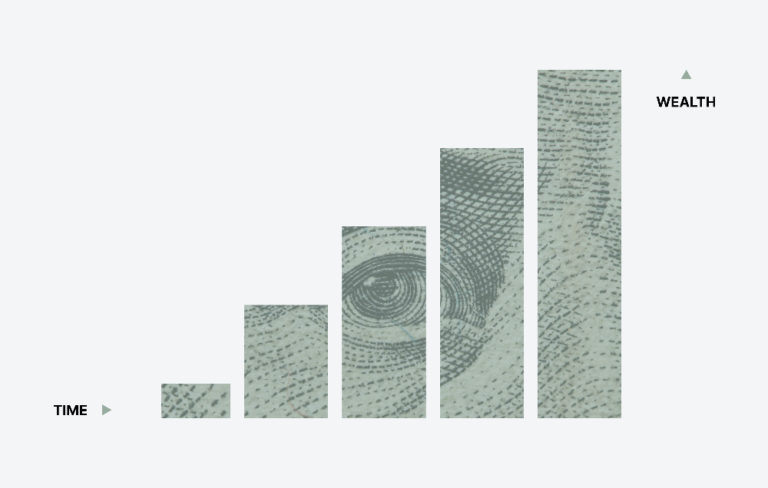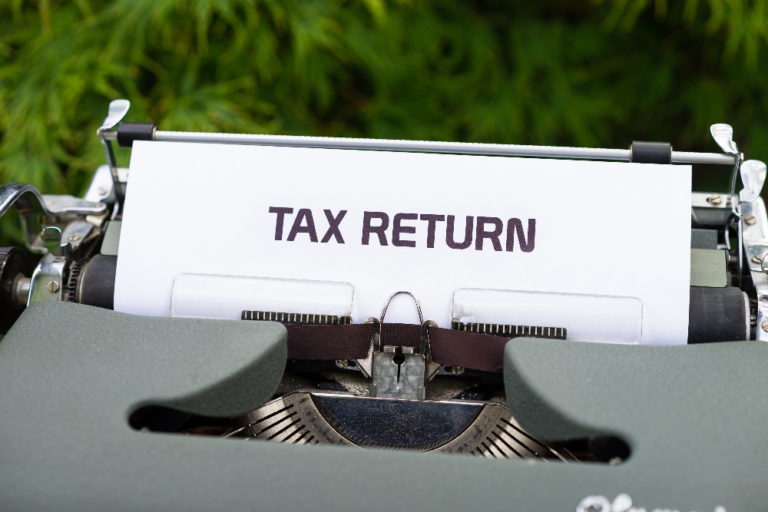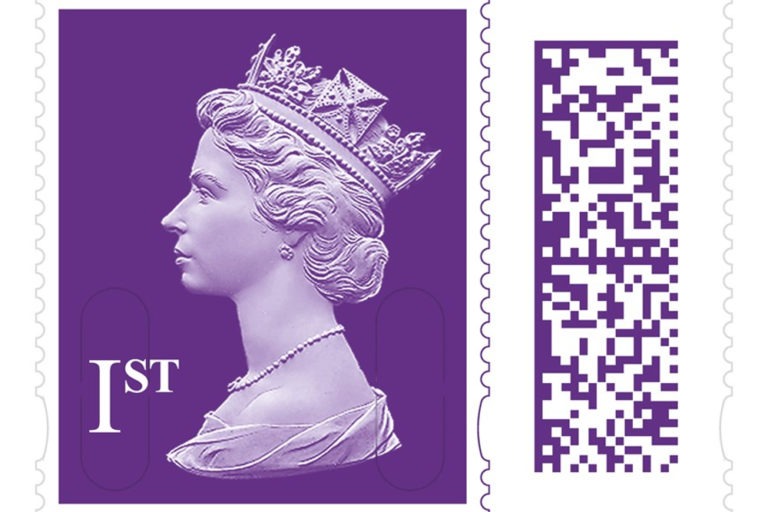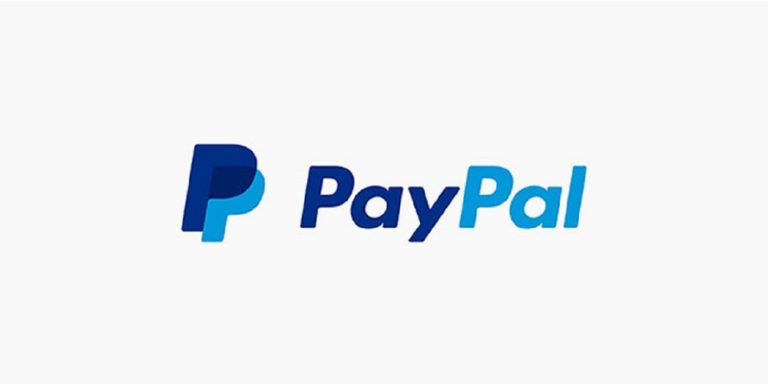TV licence, council tax, internet and phone bill surge
Bad news: as well as the energy price cap increase that I wrote about last week, a few more bills will be going up for many of us at the end of March.
TV licence fee is going up
First up, the TV licence fee is going up from £157.50 to £159 a year from 1 April 2021.
Since 2017, the TV licence fee has been increasing annually in line with inflation in a 5-year deal struck with the government. 2021 is the final year of this agreement, which means from 2022, the government will need to reassess how to price TV licences.
Meanwhile, the next increment is just £1.50 more per annum.
You obviously have to pay for a TV licence if you watch live broadcasts on TV, stream live broadcasts via a TV service (including Amazon Prime Video), or use BBC iPlayer.
But if you only watch catch up on other channels, such as All4, or Netflix, then you don’t have to pay.
You may be surprised by how many shows you can watch for free between ALL4, ITV Hub, my5 and even Netflix.
Council tax is increasing – but not everywhere
Next, council tax could go up by as much as 5% from April – this was first announced in the government spending review last year.
Obviously the exact amount varies from council to council – Wandsworth has for example decided to freeze a portion of the tax increases in the coming year.
You should be able to find out how much yours will be from April 2021 online now.
There are a few ways you can lower your council tax payments, especially if your circumstances have changed because of the pandemic.
If you’ve lost your job or are on a lower income for example, you can claim a council tax reduction. How much this is will depend on your council and your circumstances.
You could also be entitled to a council tax discount, for example if you’re living on your own.
And if you believe your property is in the wrong tax band – for example because you pay much more than your neighbours – you could challenge this to see whether your property has been wrongly banded and get it downgraded.
BT price surge
Finally, BT’s annual price hike is coming into effect from 31 March 2021.
The price increase – of up to 4.5% – will affect customers who have landline (with some exceptions), broadband, TV, sports packages and mobile services provided by the communications giant.
But the actual percentage increase will depend on when you took out your contract.
BT updated the terms and conditions for new contracts in September last year, which means it can now increase prices annually by the Consumer Price Index (CPI) rate of inflation plus an additional 3.9%.
But for some of the older contracts, the company only stipulated an annual increase in line with CPI (without the additional 3.9%).
The same price rises will also affect EE customers on the same day as the company is owned by BT, but not Plusnet, another BT-owned company.
Sadly there’s not much you can do if you’ve recently signed up for a contract with them – many utilities providers now have a clause in their contract that allows them to increase prices annually in line with inflation.
You can of course cancel your contract early, but you may well be subject to a penalty fee.
If you’ve been with them for a while, and are on a rolling contract, then you can move to another provider without penalty. They will likely have a similar inflation-pegging clause, which is worth looking out for.







